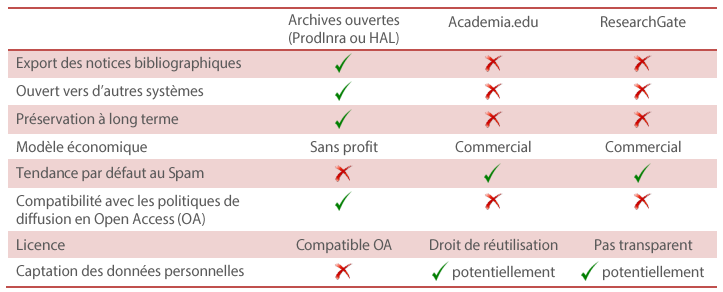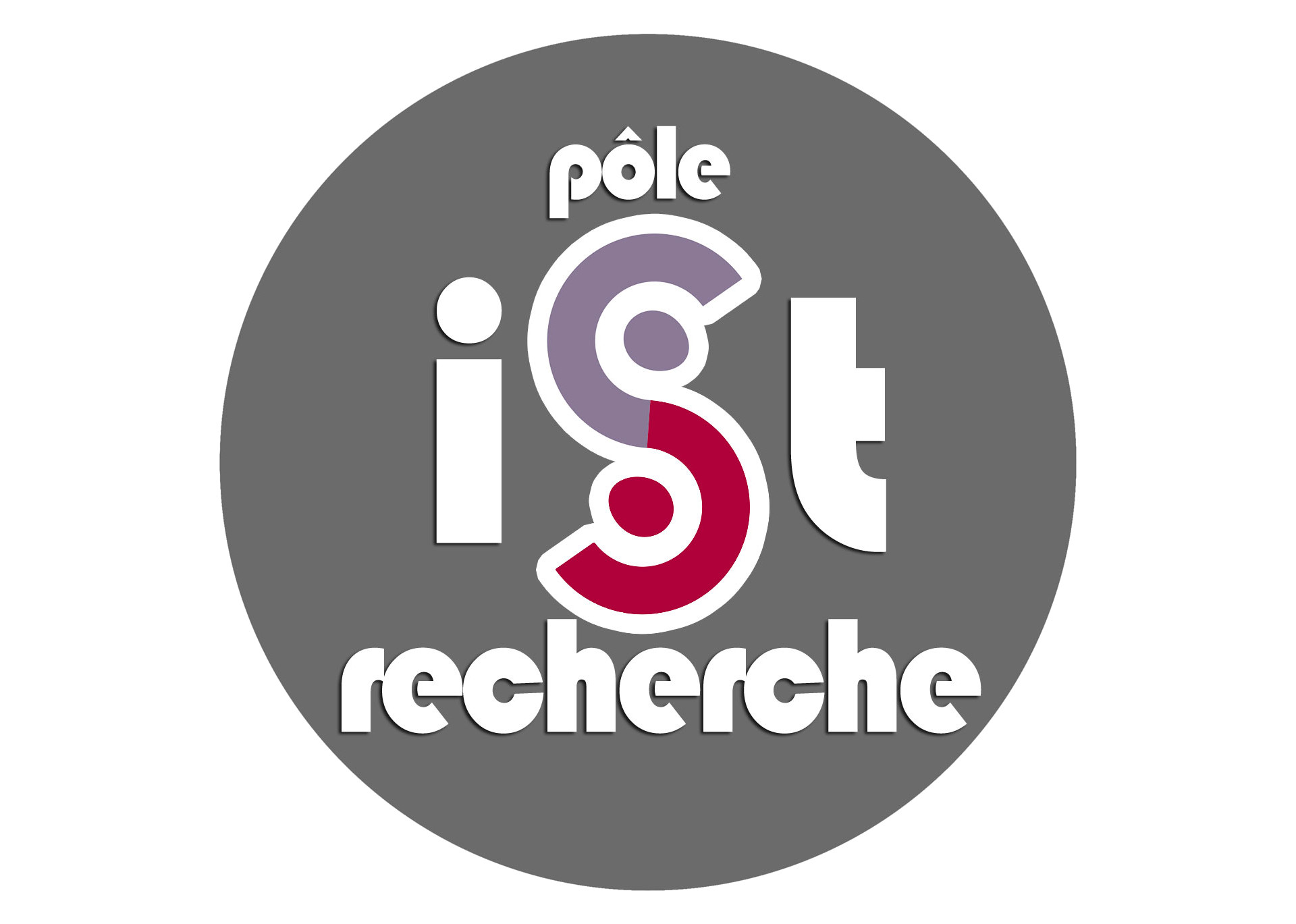HAL-CS records the scientific publications of the school and dissiminate the knowledge generated.
Here are several reasons why you should deposit in HAL :
| 1 |
To increase your work visibility
|
|
|
To increase the scientific impact of your work Greater visibility given to scientific work in Open Access has been the subject of many studies; the majority of them conclude to a positive impact of Open Access on the rate of citations. Moreover, if you are not specially interested in citation rate, yet in HAL, in addition to statistics on downloading and consulting of your records, you can take advantage of alternative metrics that locate the use of your work on social networks, platforms of scientific exchanges, blogs and Wikipedia. Gargouri Y, Hajjem C, Larivière V, Gingras Y, Carr L,et al.(2010) Self-Selected or Mandated, Open Access Increases Citation Impact for Higher Quality Research. PLOS ONE 5(10): e13636. https://doi.org/10.1371/journal.pone.0013636 Gentil-Beccot, A., Mele, S. & Brooks, T.C. Scientometrics (2010) 84: 345. https://doi.org/10.1007/s11192-009-0111-1 |
2 | |
| 3 |
Only one entry To deposit in HAL is also saving time to automatically generate the list of your publications with a view to an activity report, for example, or automatically feed a web page with the updated list of your production, or CRAC and RIBAC reports for CNRS researchers |
|
|
Everything is designed to save you time
|
4 | |
| 5 |
I have access to several tools and services
|
|
|
It can provide some law protection
|
6 | |
| 7 |
HAL guarantees long term access Thanks to its specific and unique links, on the one hand, and CINES storage system, on the other hand, HAL guarantees long-term storage of files and proper link that will make them accessible. |
|
|
To share science Publicly funded research should be accessible to all, not just researchers. The latter write their articles without being paid in addition, do most of the final formatting work and evaluate production of their peers for free. In parallel with this voluntary effort, documentation services and libraries have to deal with constant significant increase in subscription costs, which leads to selecting or even canceling some subscriptions. |
8 | |
| 9 |
Because ResearchGate and Academia are not Open Access platforms ResearchGate and Academia are not open archives but for-profit companies, in which one can find an interest when it comes to getting in touch with other researchers, but which, under no circumstances, can substitute for a deposit in HAL or a publication in direct open access. In any case, these tools will regularly harvest HAL and quickly get to your deposits; you will then receive an email asking you to confirm that you are the author and a link will be created. |
|
In October 2016, INRA published an analysis and recommendations on the subject, as well as a comparative table of platforms:

Source : INRA, 2016, Activ’IST n°1
This article was inspired from articles of the SCD de l'Université Rennes1 and the pôle IST de l'école des Ponts ParisTech. Last update : 10 juillet 2019
